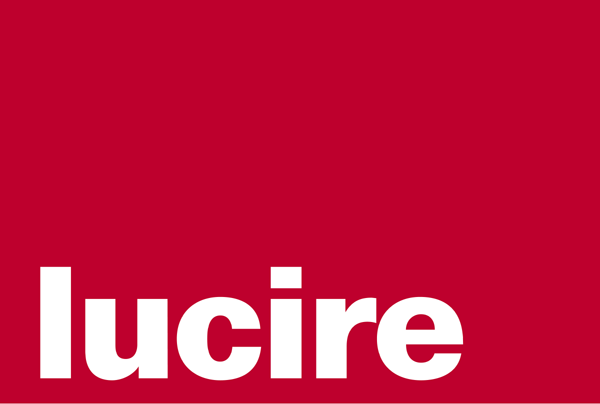 [Cross-posted] I was chatting to a company head serving a high-income, premium niche. And he’s felt no recession. He’s wondering if he should.
[Cross-posted] I was chatting to a company head serving a high-income, premium niche. And he’s felt no recession. He’s wondering if he should.
For his company, sales are up and he’s even been able to focus on the higher-priced items at the expense of the lower ones.
The general wisdom is: the rich niches do weather things well, but the premium sector feels recessions ?rst and the effect trickles down. There are exceptions, of course.
My own experience when at the bottom of the scale in the 1980s was similar: I didn’t really feel the pinch of the post-1987 closings till 1991 or thereabouts.
As my company moved up the pecking order, we did indeed sense economic downturns sooner rather than later.
But the company I began writing about—there aren’t that many in the sector and I have no desire to reveal any con?dential information—is not exactly selling a necessity. If there was an economic downturn, it would have sensed it ?rst, not just because it serves a premium niche.
Another company in fashion design says its experience shows that a predicted global recession is less relevant to New Zealand as it knows of high net worth individuals leaving their US and European bases for our shores and bringing their wealth with them.
These could be exceptions rather than the rule as perception is reality when it comes to consumer con?dence, and New Zealand is too closely tied to the global technocracy, thanks to the path set by the Labour Government of 1984–90.
But the perception might well be based less on fact than fearmongering.
April and May 2008 showed increases in consumer spending here, which one of my clients says is due to New Zealanders ‘just getting on with it.’ They, he believes, remember the earlier recessions and one cannot just cease marketing or operating. The trick is to be more careful about it.
However, talk of a recession could be a way for technocratic business interests to oust a government that has grown a little too institutionalized to be effective.
They are quite happy to return to power a conservative opposition, not because policies will change drastically (after all, National voted for a lot of the same, unpopular things that Labour proposed), but because it has fewer ready connections in the establishment having been out in the wilderness for nine years.
That means the technocrats believe they will be more the focus of National’s efforts in its ?rst term than the interests that Labour had picked up in its nine years.
It’s also why the mainstream media (MSM) fail to expose just how closely National has voted with Labour on many bills in Parliament, particularly during John Key’s stint as Leader of the Opposition.
I would be stupid to ignore the basic fact that high fuel prices are making people’s lives dif?cult and this is having an effect on many things in commerce. However, ‘getting on with it’ might not be a bad mantra to have, because it will be up to citizens, not governments, to keep the economy moving.
A National victory is not a panacea, especially as it will fail to make any real dent in the price of crude and the declining value of the US dollar. The fact that it may be elected in at the same time there is a change in the US White House might make it appear effective, but it will only be a conjurer’s short-term trick.
Ladies and Gentlemen, it is up to us.
In depth: Nom D, Fly Guys and Donna Loveday
Naomi Campbell says racism fuelled Heathrow incident
What recession?
Categories
culture / globalization / history / Lucire / media / New Zealand / publishing / society
Filed by Jack Yan
culture / globalization / history / Lucire / media / New Zealand / publishing / society
Filed by Jack Yan








